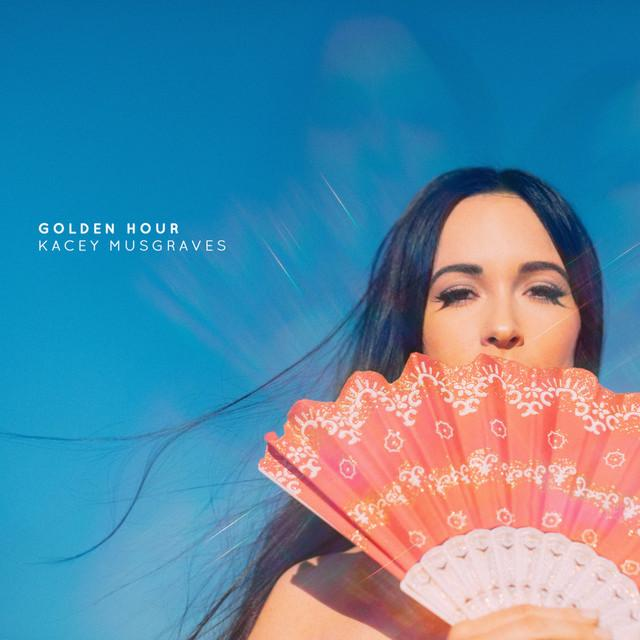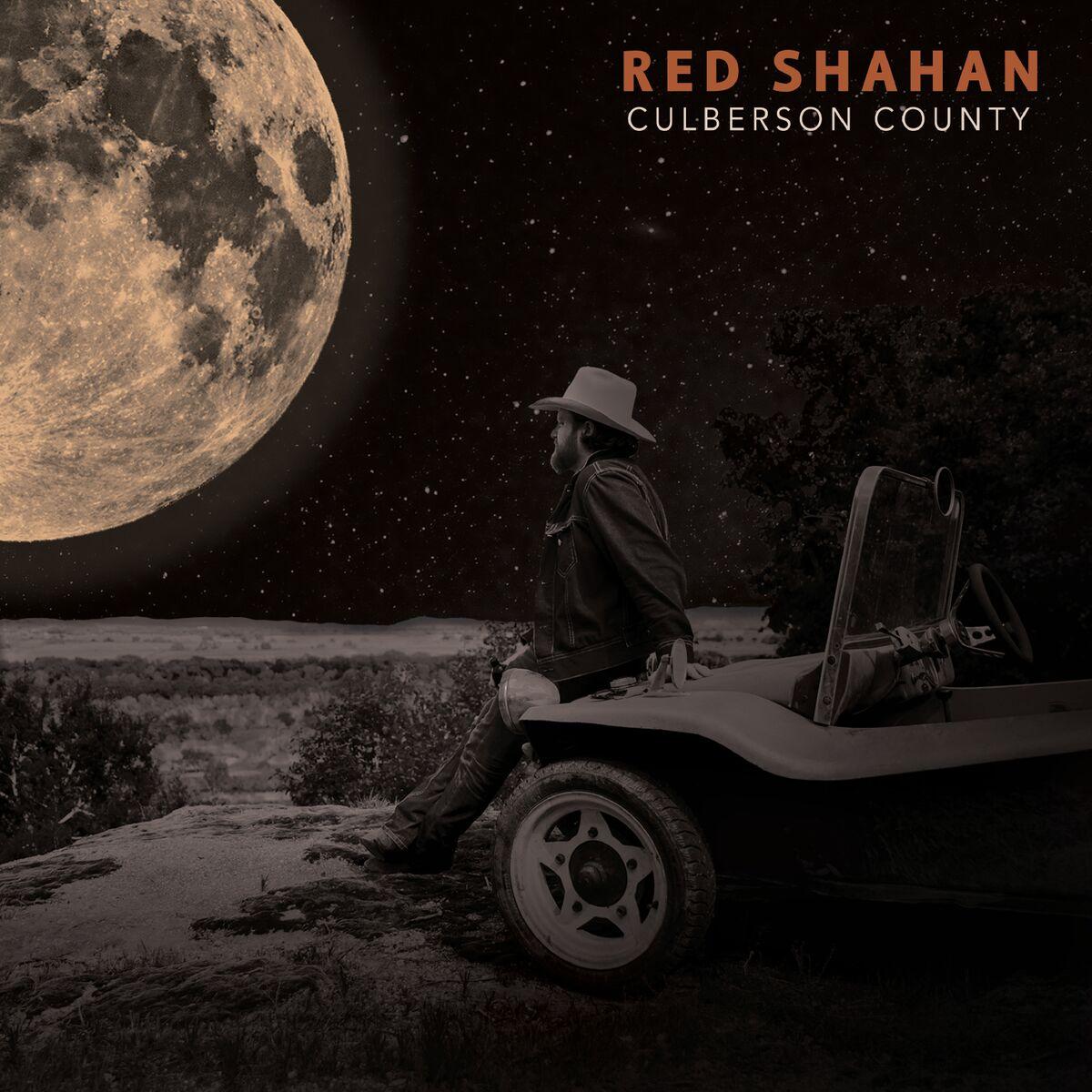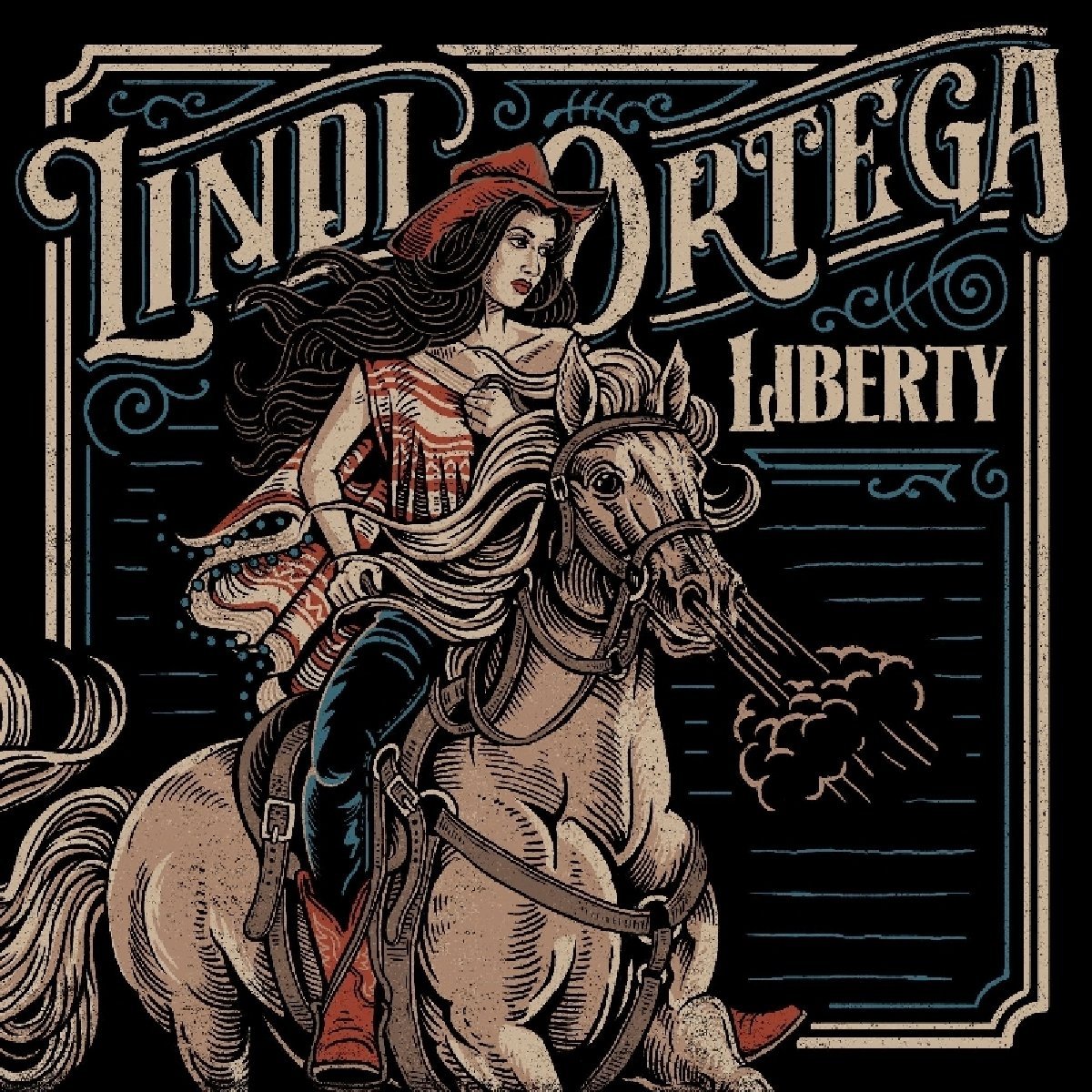So I was having a discussion on Twitter today with Zack of The Musical Divide about Kacey Musgraves’ new album and all the mixed reactions to it. It seems to be a completely polarizing release, and that’s sparked the age-old debate about “real country,” in this case whether or not Musgraves is tired of the genre. We agreed that she’s not, and although not traditional, Golden Hour is still a country record, and that people dismissing it immediately for not being country enough aren’t taking the time to really form their own opinions about the music. We decided that we both really had a lot to say about this, so we had a proper discussion and made one of our Twitter musings into a worthwhile, enlightening conversation. You can read that below.
Zack: I’ll pose a question to start this off – what to you defines “country music?”
Megan: I define it by honesty in storytelling, lyrics about real life and real people. I do look for signature sounds like fiddle and pedal steel, but those are secondary for me. Still, if I hear instruments like that, I consider them country elements of a song.
Z: I always thought it was something like that too, but these days, I don’t know. Do you think saying that something isn’t “country” is a worthy critique in and of itself?
M: I think it’s a worthy critique when stuff is sent to country radio for sure. Like, Zac Brown Band’s “Beautiful Drug” can be criticized for not being country because he admitted to it being an EDM song and then sent it to country radio. But I also think it’s becoming a blanket criticism for stuff we don’t like. I think you and I can agree Golden Hour has lots of country to it, but a lot of people are just dismissing it out of hand. It’s fine not to like it, and it’s obviously not traditional, but it’s becoming a really lame excuse to not like something.
Z: I agree. I think it’s a matter of people not really owning up to a full opinion. Saying it’s not country is an easy cop-out, and if that’s why you don’t like it, fine, but tell me how that makes it “bad.” Is the lyricism weak? Are the vocals not there? Albums like Musgraves’ always present the ugliness of this debate, when in reality, Musgraves meant to unite rather than divide.
The thing is with this conversation, there’s material that seems like it’s pretty obvious as to what genre it belongs under such as Sam Hunt or Walker Hayes’ material. However, I think we’re starting to see that card played out *too* much, to the point where the only stuff that can only be counted as “Country” is material that rips directly from the past.
Do you think Country music is restrictive in that regard? Or no?
M: You’re right, I think people have gotten to where they hear something like Golden Hour, and they don’t like it, which is fine. It’s halfway there, forming your own opinion about something. But it’s easy for them to say it’s not country enough instead of really thinking about the music. One comparison I keep coming back to is Starfire by Caitlyn Smith. I mean, would you say that’s country? A lot of these same people love that record, which is again fine, but they call it country pop, and for me, it’s way less country than Golden Hour. I remember even telling you that when it came out, that I felt like it was almost out of my lane completely because it was so pop. To answer your other question, I don’t think country is a restrictive genre–look at Marty Stuart’s Way Out West, for example–but I think purists are making it restrictive and putting unnecessary limits on it. I’d be curious as to your take on that as well since you try to avoid the “real country” argument and embrace a lot of genre-bending stuff.
Z: Would I say Caitlyn Smith’s latest album, Starfire is Country? That’s the million dollar question. Or rather, just one of them. I don’t know the answer to that. I think there’s a way for the songs or albums to not necessarily fit the sounds of the genre and yet still fit within somehow. For example, “This Town Is Killin’ Me” is about her struggles in Nashville, and some of those songs like “East Side Restaurant” and “House Of Cards” are dripping with real, honest emotion.
However, I think comparing which album is “more country” is frankly, pretty stupid. Let’s instead argue which one is better, because thankfully that line were trying to draw with genre can’t possibly be drawn with an opinion. We can only offer a perspective and see what the other side thinks (and vice versa).
It’s hard to answer your second question. Do I think it’s true? Yes, but all I really have to go on are random Internet comments I see on social media or other blogs’ comments sections. I think something like Way Out West is a type of rare album, but it’s also hard to say in that instance whether Stuart is getting a pass for actually making genre-bending music or because he’s simply a legend we respect and wouldn’t dare touch.
It’s amazing though, Country oriented sites will gladly talk about acts like Blackberry Smoke or Whiskey Myers, and on the other end of the spectrum, someone more Pop leaning such as Glen Campbell is viewed as aces with the crowd.
And of course, there’s a huge difference between Pop-Country like Glen Campbell and Pop-Country like Walker Hayes, but who am I to say? That would only be my opinion and nothing more. I have no evidence because that line is so murky.
M: I can’t believe you’ve just written a sentence containing Glen Campbell and Walker Hayes…shouldn’t there be some sort of law against this? You raise a good point, though, that country-oriented sites/blogs/whatever seem to be more accepting of rock influences than of pop ones. It kind of makes sense because rock is musically closer to country, but still, you can make a case that Blackberry Smoke and even Jason Isbell are less country sonically than some of the stuff on Golden Hour, so the disconnect with listeners is interesting. As for which is better, for me personally, I prefer Golden Hour to Starfire even with the killer songwriting on Starfire, and it’s precisely because as a listener, I like stuff like “Love is a Wild Thing,” where you hear modern production with pedal steel. But that’s just me, and it’s not a right or wrong opinion. Similarly, it’s not right or wrong to prefer Starfire. I just don’t think you can actually say you don’t like Golden Hour because it isn’t country and then call Starfire a country pop record because to me, it proves you don’t actually have a complete opinion about why you don’t like Golden Hour. That’s the most important thing about being a music listener, just forming your own opinion and having the intelligence to back it up. Like, I don’t care if you think Walker Hayes is God’s gift to country music if you can actually defend that viewpoint and make me think about why you feel that way.
Z: Those are all great points. The key is to simply become a better music listener at the end of the day. On that note, I don’t have criticism for just traditionalists. It makes me mad to see supporters of the extreme kind of Country (Hayes, Hunt…etc) completely write off anyone who doesn’t like them as someone who can’t “get with the times.” It’s in these moments where I’d like to interject how neither artist (and certain artists beyond) fits in the genre, and yet if I’m going to hold tight to my other perspective, it’s a tricky stance to take. Still, I like when Country music drives itself forward to form something new that pulls from the past and blends it with the new. Anyone who dislikes the aforementioned artists though is just seen as someone who can’t handle Country music evolving, and the truth is, I think it’s stuck in a rut spinning its wheels because of it.
You hear all the time now how artists want to expand their sound, and sometimes I can’t blame them. I mean, Eric Church still receives comment that he’s a “Pop” star in 2018. Rock? Yeah, definitely. Not Country? I don’t fully agree but I get where you’re coming from? But Pop?!? To artists I think it just signals that certain fans have a preferred box they want those artists to be in, and the artists aren’t allowed to do anything except what they want.
That’s the tricky part about the business. We’re the customers, and the artists are the “products.” If I don’t like my iPhone5, Apple makes something better. Artists are real human beings though that have their own visions.
In the case of Kacey Musgraves, when she announced that her new album wouldn’t be as “Country” as her previous ones, while the frustration is understandable, a proper response is “alright, that disappoints me” rather than say, “he or she can’t do that!” At the end of the day, we’re all going to feel what we feel about the music, but there’s a difference between not being a fan of the artist’s choice and not being a fan who want said artist to be happy.
M: Yeah, exactly, your last point makes me go back to Zac Brown for a second. As a fan, I was ecstatic that he was going back to the band’s original sound with Welcome Home. But his heart wasn’t in it, and you can hear that all over it. It makes it the ZBB album I listen to the least. I’m not saying I’d be a fan of his EDM stuff, but if he wants to do that, then let him be happy. I heard more of his passion on Sir Rosevelt as far as that goes. Anyway, I agree, I have a definite problem with the newer artists who assume we all want everything to sound like Hank and Waylon just because we don’t like them. And I get where you’re coming from about it being a difficult line to walk, but actually I think you can pretty easily make the case some of those artists don’t belong in the genre at all. Obviously they don’t sound country, but it’s more than that. Their lyrics aren’t real or honest either, you can’t argue that anything Walker Hayes has ever done has the depth of emotion that you just argued for with Caitlyn Smith. I think the problem with those artists is they’re so obviously just trying to cash in with country. They’re not real, they’re not honest, they’re not anything that relates to what I said when I defined country music. Take out all the accepted country sounds as well, and it’s like adding insult to injury.
Z: Exactly. Personally I liked Welcome Home more than the Sir Rosevelt project, but if I had to pick which avenue Brown should go down, I’d definitely say EDM. Just stop trying to call it Country when you blatantly said it wouldn’t be that. That’s an exception to the rule for me, mostly because the artist themselves have admitted what genre it is.
Walker Hayes is an interesting predicament, because I think people would counter your point with a song like “Craig”, and to be fair, the message is strong, but it’s presented in a childish fashion, whereas Country is more of a mature genre.
Cashing in is definitely a popular sentiment. I mean, go back and listen to Hayes’ songs “Pants” or “Why Wait For Summer”; they easily fit the mold of early 2010’s Country. His new stuff sounds like a Macklemore meets Sam Hunt knockoff, and at that point it’s hard to tell what his true intentions are.
M: Yeah, I’ll give you that, “Craig” might be the exception. Still, his older stuff is completely different to his new album as you pointed out. He’s clearly adapted himself to whatever he thinks will sell. And as we’ve been discussing, expanding yourself as an artist is fine, and you should. But with Walker, you honestly can’t even tell they’re the same person. That’s not artistic growth at that point, it’s just trend-chasing.
Z: Well if nothing else, at least we’ve established that – the difference between art and commercial fluff. Still, I’m curious. Who would you say really is “traditional country” sounding today?
M: Truly traditional country? Jason Eady. Ags Connolly. Vivian Leva also just released a really traditional album. Joshua Hedley might be about to do so as well, but we’ll have to wait for the whole album. Zephaniah OHora, although to be really technical and nerdy, he would be countrypolitan. Courtney Patton, I almost forgot to mention her, and she’s released one of my favorite albums this year. I’m sure I’m leaving out some really obvious names. But with all the subgenres country is splitting into, there really aren’t that many “traditional-sounding” ones left. Who would you consider really traditional? I know I have to be leaving obvious people out.
Z: To use this answer again – I’d have no idea. Unfortunately I think you could make arguments for all of them being more “folk” singers than anything else. I consider those first three artists as Country artists who are making really great modern Country, but with Hedley and O’Hora, it’s fine and all, but notice how it’s a carbon copy of music of the past. That’s not bad on principle – O’Hora made one of my favorite songs last year, and I’m looking forward to Hedley’s album, but it goes back to that point of many artists not being accepted as “real” country until they literally pull from that well that artists of the past did.
M: Yes, I agree. And carbon copies of the past won’t ultimately move the genre forward. There is a lot of great modern country, from Red Dirt to Americana to pop country, but the ones I mentioned are the most “traditional” ones I can think of. I think you can make a folk argument for some of Connolly’s music and Leva’s too, but Jason Eady I’d disagree, that’s straight-up, three-chord country. Still, if we have only one or only a handful of true traditionalist artists, it’s further proof that we have to embrace the forward-thinking stuff because ultimately, we want country music, or I call it our beloved country music a lot on CE, to survive. And putting limitations on it will kill it as quickly as letting in the Sam Hunts of the world.
I think to that end, it’s important for older listeners and fans of that traditional style to introduce their children to good modern country. For example, maybe you don’t like Maddie & Tae, but your granddaughter might, so you come together over that, and she gets that passion for country music. That’s far better than wishing it would all revert back to Haggard and Jones and leaving her to listen to Hunt and Hayes. It might not always be your type of country, but it’s important for traditionalists to open themselves up to the good modern country and pass it down so that country music lives on.
Z: Right, I’m not saying it would be my argument, but I could totally see someone coming up with some asinine excuse for why Eady isn’t “real” Country. I don’t know, that’s just the vibe I get, but maybe I’m reading too many Internet comments! I think you said it all with your last comment, Megan. I’m not sure what else to add, but I think this conversation has certainly been enlightening. It’s a tough question to really answer, and ultimately I’m not sure I’ll ever get it, but I think thankfully there’s an artist for everyone in the Country genre right now, so instead of arguing about what they are, let’s have discussions on their music. Those seem more fun, even though I did have fun with this particular conversation.
M: I had a lot of fun also, and I think that you said it perfectly when you said there’s someone in the genre for everyone. Today, we got releases from Lindi Ortega, Kacey Musgraves, Red Shahan, and Ashley McBryde, all carrying the torch for country music, all doing it completely differently, and, in my opinion, all releasing really kickass albums. So instead of arguing over which of them has more country cred, let’s go listen to all that good music. Thanks for the discussion, I always love exploring stuff like this.


